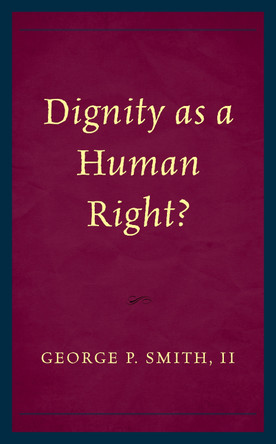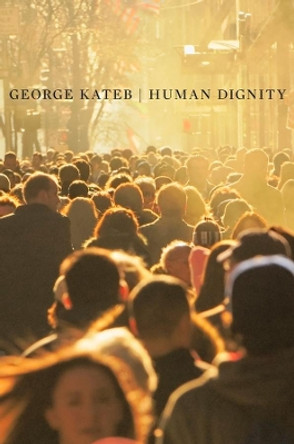Dignity is seen, commonly, as an ethical obligation owed to human persons. The dimensions of this obligation are subject to wide discussion and defy universal agreement. Dignity is seen, commonly, as an ethical obligation owed to human persons. Dignity as a Human Right? examines dignity within the prism of death, and more particularly, its humane and dignified management. Although there is no domestic or international right to die with dignity, within the right to life should, arguably, be a right to dignity and self-determination especially at its end-stage; for, a powerful interface exists between the right to human dignity and the very right to life, to love and humanity as well as compassion at its conclusion. Legislative efforts--nationally and internationally--have begun to recognize a right to die with dignity when a condition of medical futility exists. There are presently five states and the District of Columbia, together with a judicial interpretation from the Montana Supreme Court, which recognize death assistance for the terminally ill. Internationally, Canada, Belgium, the Netherlands, and Switzerland are seen as leaders in this recognition. The United Nations has played a significant role in framing end-of-life decision making within the ambit of human rights protection. The UN Charter states unequivocally that the dignity and worth of the human person must be protected and safeguarded. Similarly, among other instruments, the Universal Declaration on Human Rights acknowledges that all human beings are born free and equal in dignity and rights.
About the AuthorGeorge P. Smith is professor emeritus of law at The Catholic University of America Law School and a residential fellow at The Institute for Advanced Study at Indiana University in Bloomington.
ReviewsThe concept of dignity is a core one to lawyers and philosophers, yet it is often misunderstood and misapplied. In Dignity as a Human Right?, Professor George P. Smith, one of the world's greatest medical lawyers, clarifies the concept of dignity as a human right in an insightful, significant and powerful analysis. -- Jon Herring, University of Oxford
With this deep, nuanced, analytic dive into human dignity, Professor Smith draws on and, indeed, extends his prior influential and leading scholarly work in bioethics, its particular and various intersections with the law, and how it might inform vexingly complex and crucial end-of-life questions -- Michael Heise, Cornell Law School
Book InformationISBN 9781498584197
Author George P. SmithFormat Hardback
Page Count 176
Imprint Lexington BooksPublisher Lexington Books
Weight(grams) 395g
Dimensions(mm) 230mm * 160mm * 19mm








